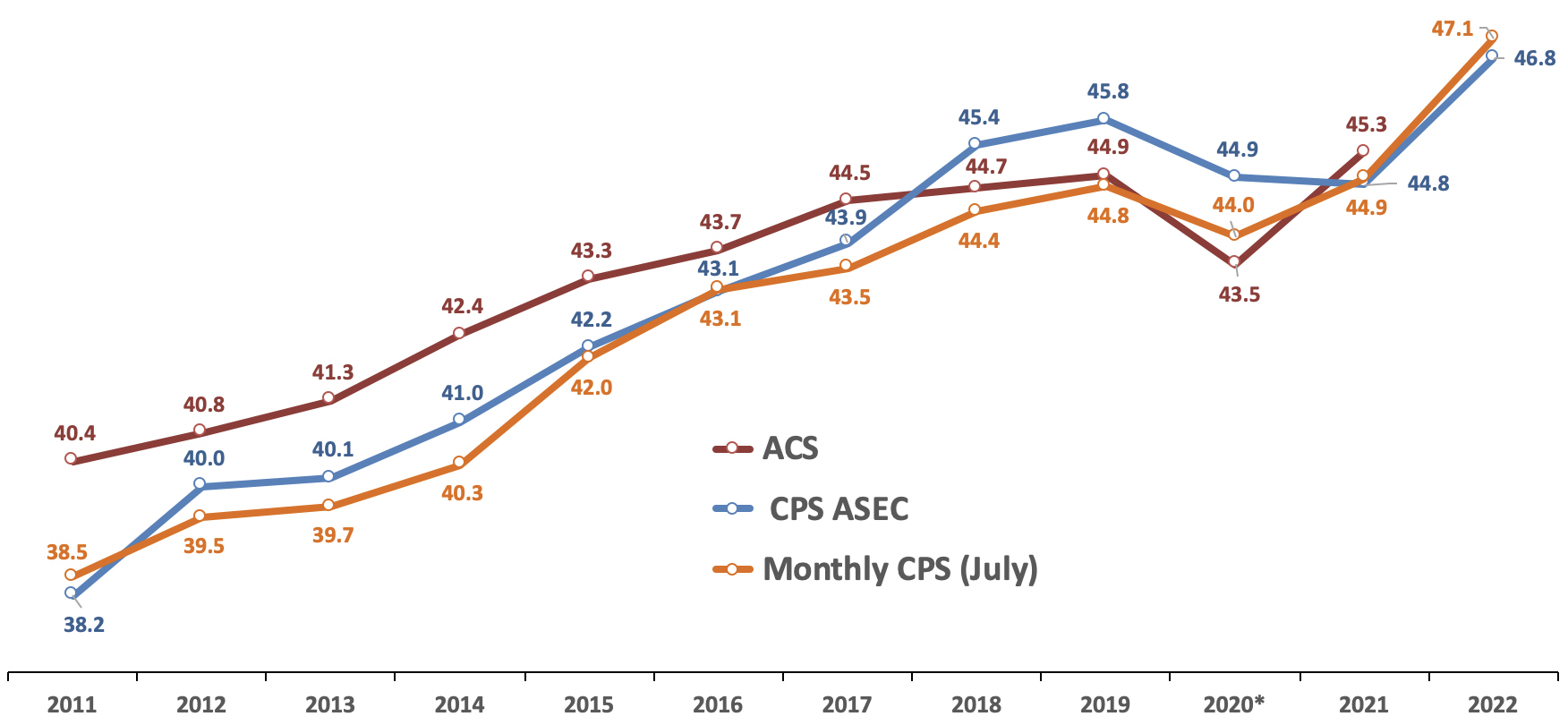Infringing Products That Pose Public Health Issues
“CBP spends considerable resources keeping counterfeit luxury goods from entering the U.S. market [because], in addition to the obvious issue of brand protection, transnational criminal organizations will frequently produce such goods to fund their illicit activities.”
From left: Beth Jenior, Sabrina Keller, Amy Hsiao and Jeni Zuercher
During the final day of IPWatchdog LIVE in Dallas, Texas on Tuesday, a panel of attorneys discussed issues surrounding “dangerous fakes,” which are counterfeit goods that pose health risks to consumers. The panelists began with a brief overview of how U.S. Customs and Border Protection (CBP) identifies and seizes infringing goods. The panel also outlined the role that U.S. Consumer Product Safety Commission (CPSC) plays in working to identify dangerous fakes in conjunction with CBP.
At the outset, the panelists noted that, while intellectual property rights are private rights, policy considerations such as public safety create an incentive for the government to take steps to ensure counterfeit goods are not entering the market. For example, if CBP were to allow shoddily made counterfeit headphones prone to combustion to enter the stream of commerce, U.S. consumers could be seriously harmed. Additionally, CBP spends considerable resources keeping counterfeit luxury goods from entering the U.S. market. The panelists said the reason for this, in addition to the obvious issue of brand protection, is that transnational criminal organizations will frequently produce such goods to fund their illicit activities. By cutting off this stream of revenue, CBP may be able to hinder criminal activity more broadly.
The speakers were asked how companies can work with the U.S. government to help ensure that both dangerous goods are not entering the stream of commerce and the integrity of brands are upheld. Panelist Beth Jenior of CBP noted that “if you want to protect your trademarked goods and have counterfeit versions seized by CBP, you must have a registered mark and must file a recordation with the CBP.” These are known as e-recordations and can be filled out on the CBP website. Additionally, if a patent holder wishes to have CBP bar infringing imports, the owner must go to the International Trade Commission (ITC) and obtain an exclusion order and then bring it to CBP, who will then enforce it.
The discussion transitioned to foreign markets, with an emphasis being placed on China and other Asian countries. One panelist noted that in the last year, the Chinese government prosecuted 16,000 people for counterfeit goods, with over 90% of those being trademark-related. Panelist Amy Hsiao of Adsero IP recalled her childhood in China and the fact that counterfeiting was known to be so pervasive in the country that she and others would avoid purchasing cosmetics and vitamin supplements for fear of encountering fake products with substandard, or even dangerous, ingredients. However, she noted that the government was taking measures to attempt to combat some of the counterfeiting. For example, counterfeit products in China in categories such as food safety, medical devices, pharmaceutical products, and surgical masks may be prosecuted criminally under the country’s “marketing law.”
Next, the panelists discussed some of the most noteworthy fakes they have encountered, which included children’s toys containing high levels of phthalates and heavy metals, pet food containing lethal toxins and faulty electrical products prone to combustion. The panel also discussed the laboratory and tool kit that the CPSC uses to identify such goods, including specialized XRF guns, which are frequently used to measure heavy metals in goods at U.S. ports of entry.
While the United States has a robust system for searching for and confiscating counterfeit goods, the panelists recognized that the systems in both Canada and Mexico are not nearly as strong. This often leads to illicit importers attempting to import their goods to one of the U.S. neighbors and then sneaking them across the terrestrial borders. The panelists expressed hope that these border countries would soon implement more robust systems to help combat this issue.
Logan Murr
Logan Murr is an Associate at Calyx Law who has contributed to IPWatchdog since 2021. He graduated Franklin Pierce Center for IP in 2022 and attended Susquehanna University, where he […see more]







